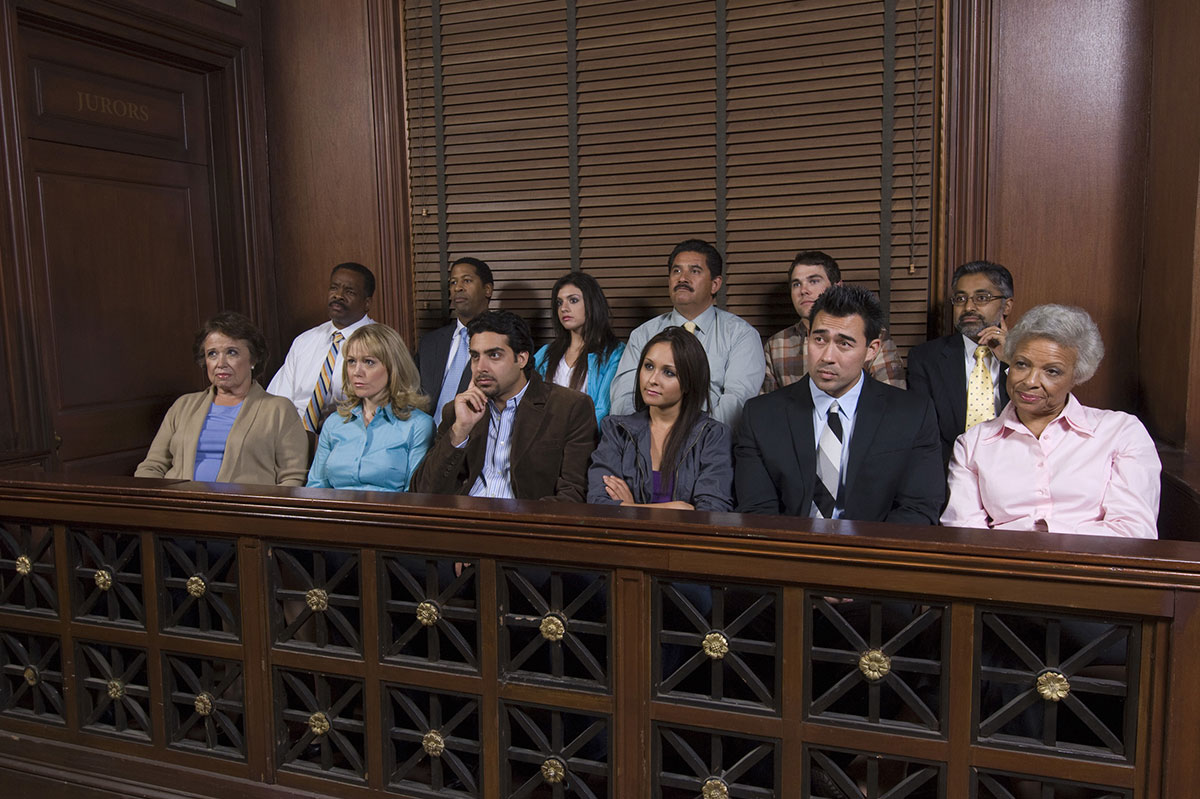Once you have your criminal charges dismissed, you can typically breathe a sigh of relief. Unfortunately, the prosecution can attempt to bring you up on the same dismissed charges later. Here is what you should know.
The Fifth Amendment and Double Jeopardy
The Fifth Amendment is one of the more well-known amendments to the U.S. constitution. You probably already know it protects you from incriminating yourself.
The Fifth also contains the Double Jeopardy Clause. This clause flatly states you cannot go through a retrial after you already received an acquittal or conviction. If your case falls under any of those prohibitions, then you’re safe.
The Fifth is a boon to everyone, but it comes with caveats that aren’t generally understood by the public. The first thing you need to understand is the concept of jeopardy.
Jeopardy
For the Fifth Amendment to kick in, you need to be in jeopardy. The jeopardy status doesn’t apply until you go to trial. Many cases end before ever making it to trial, so right there is an avenue for the court to retry you. Jeopardy attaches to the case in one of these circumstances:
- When a jury is sworn in
- After the first witness swears in
- When the judge accepts a plea unconditionally
Until one of these things happens, you’re not in jeopardy. You can still face arrest, detainment, and have charges filed. You may still have to go through the whole process, including bail and fees, all over again.
Minnesota also has a double jeopardy clause in its own constitution, which mirrors the language of the Fifth Amendment.
The Court, Prosecution, and Retrials
Prosecutors can pursue you in a number of ways that aren’t affected by double jeopardy.
No Trial
If you never made it to trial to begin with, the prosecution can always request a retrial as long as it’s within the statute of limitations. In Minnesota, the statute of limitations on criminal offenses can vary from three to nine years, depending on the charge. For murder charges, there is no statute of limitations.
If the state dismisses the charges after jeopardy attachment, they cannot retry the case. If the dismissal takes place before Jeopardy attachment, the prosecution can refile the charges.
Mistrials
If the judge declares a mistrial for any reason, it leaves the case open. A mistrial generally occurs because the jury is deadlocked or hung or because defense requests the mistrial due to incorrect jury selection, lack of jurisdiction, or another reason.
Separate Sovereigns
Double jeopardy doesn’t protect you from facing the same charge in different jurisdictions or separate sovereigns. Prosecution can occur at both the state and federal level. Two separate states can also prosecute you for the same charge.
The Solutions to Repeat Charges After Dismissal
Making sure your criminal case closes with finality is the best way of preventing the possibility of a retrial or refiling of the same charges. If you find yourself in a position where the court wants to charge you for something it already dismissed, then you need to act fast.
You can appeal the court’s attempt at a new trial. In cases where your previous dismissal happened while in jeopardy, you can file a writ of habeas corpus. No matter what, you should fight these charges just as hard as you did the first time around.
The laws concerning double jeopardy and retrial can become complex. These cases require high attention to detail and knowledgeable assistance. No matter what charges come your way, Mesenbourg & Sarratori Law Offices, P.A. will aggressively defend you and your rights. For any criminal case questions or charges, contact us immediately.

